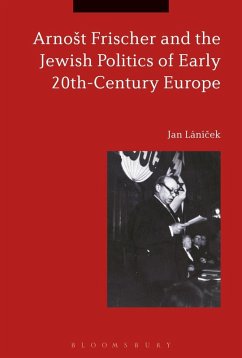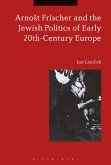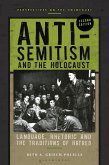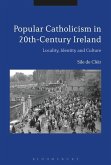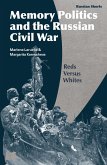In this analysis of the life of ArnoSt Frischer, an influential Jewish nationalist activist, Jan Lánícek reflects upon how the Jewish community in Czechoslovakia dealt with the challenges that arose from their volatile relationship with the state authorities in the first half of the 20th century. The Jews in the Bohemian Lands experienced several political regimes in the period from 1918 to the late 1940s: the Habsburg Empire, the first democratic Czechoslovak republic, the post-Munich authoritarian Czecho-Slovak republic, the Nazi regime, renewed Czechoslovak democracy and the Communist regime. Frischer's involvement in local and central politics affords us invaluable insights into the relations and negotiations between the Jewish activists and these diverse political authorities in the Bohemian Lands. Vital coverage is also given to the relatively under-researched subject of the Jewish responses to the Nazi persecution and the attempts of the exiled Jewish leadership to alleviate the plight of the Jews in occupied Europe.
The case study of Frischer and Czechoslovakia provides an important paradigm for understanding modern Jewish politics in Europe in the first half of the 20th century, making this a book of great significance to all students and scholars interested in Jewish history and Modern European history.
The case study of Frischer and Czechoslovakia provides an important paradigm for understanding modern Jewish politics in Europe in the first half of the 20th century, making this a book of great significance to all students and scholars interested in Jewish history and Modern European history.

